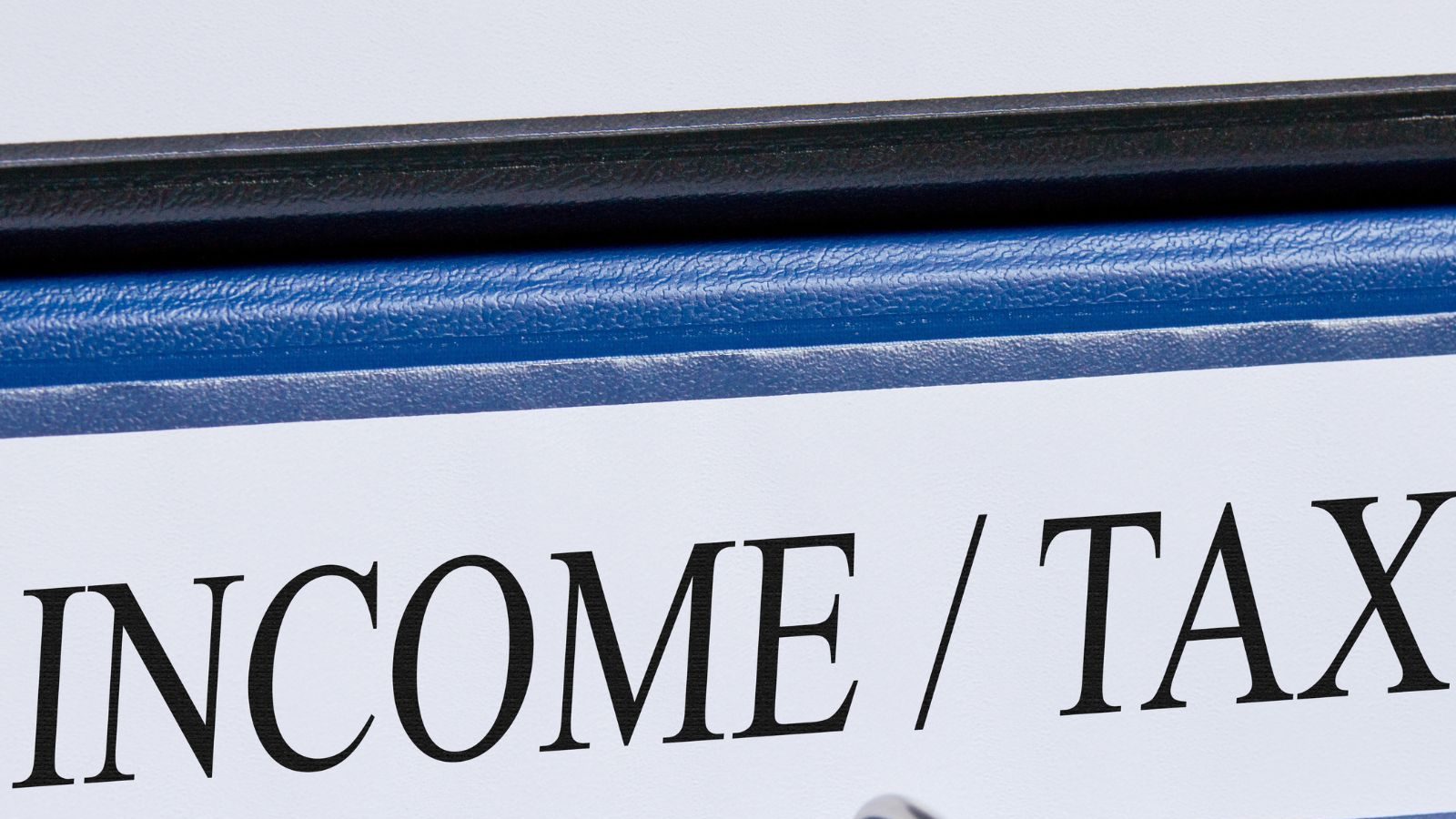Budget 2023 Expectations: Income Tax Relief For Salaried Individuals, Section 80C Limit Tweak Likely
Edited By: Mohammad Haris
Last Updated: December 19, 2022, 17:43 IST

Income tax is currently exempt on a total income of up to Rs 2.50 lakh a year.
Industry body Assocham has also urged the government to raise the income tax exemption limit to Rs 5 lakh
Salaried employees are one of the major tax contributors in India. Their salary is tax-exempt up to Rs 2.5 lakh a year. However, their salary is also tax-free if it is below Rs 5 lakh in a year. However, it is a rebate under Section 87A, not an exemption. If the salary goes above Rs 5 lakh in a year, the tax on the whole amount except the exemption limit of Rs 2.5 lakh will be applicable. Now, there are demands for raising the exemption limit to Rs 5 lakh.
According to an FE report, Sumit Mangal, partner at Luthra & Luthra Law Offices India, said salaried employees can expect the rationalisation of income tax slab rates, both in terms of limits and tax rates. “Increase in limit of the standard deduction, either as a fixed increase or introduction of the progressive standard deduction based on total salary can also be expected from Budget 2023.”
Maneet Pal Singh, partner at I.P. Pasricha & Co said, “The Budget 2023-24, being the last Union Budget of the Modi government before the 2024 polls, we can expect it to be taxpayer-friendly focusing on benefits that could be provided to a taxpayer. However, keeping in mind that the Indian economy has started to recover from the scars of the outburst of Covid-19 pandemic fiscally, the government will fully ensure to align its goal of preparing a budget that boosts economic growth in conjunction with thrust on expectations of taxpayers.”
Luthra & Luthra Law Offices India’s Mangal said the limit under Section 80C (currently at Rs 1.5 lakh a year) is expected to be increased in view of high inflation and to encourage personal savings and investment. The current limit was fixed about a decade ago.
“Deduction based on tax saving investments u/s 80C of the Income Tax Act,1961 has seen no increase since Financial Year 2014-15 of Rs.1,50,000. It is expected that the same will be established at Rs 2,50,000 respectively. It will help the salaried class promulgate their investments simultaneously reducing their tax liability and thereby enjoying the lowest tax slab,” said Singh, according to the FE report.
Recently, industry body Assocham also urged the government to raise the income tax exemption limit to Rs 5 lakh. It said that doing so will raise the disposable income in the hands of consumers and the economy will get a consumption boost and further leg-up in the recovery.
ASSOCHAM President Sumant Sinha said buoyancy in both the direct and indirect taxes should give enough elbow room to the government for raising the income tax exemption limit. The government must respond to the proactive steps other nations are doing to support the production of green hydrogen as India strives to become a major energy producer.
Currently, income tax is exempt on a total income of up to Rs 2.50 lakh a year. However, the income can be exempt on income up to Rs 5 lakh if the total income in a year is up to Rs 5 lakh. In case the income is above Rs 5 lakh, income tax on the entire amount (except the exemption limit of Rs 2.50 lakh) is levied.
Read all the Latest Business News here
For all the latest business News Click Here

